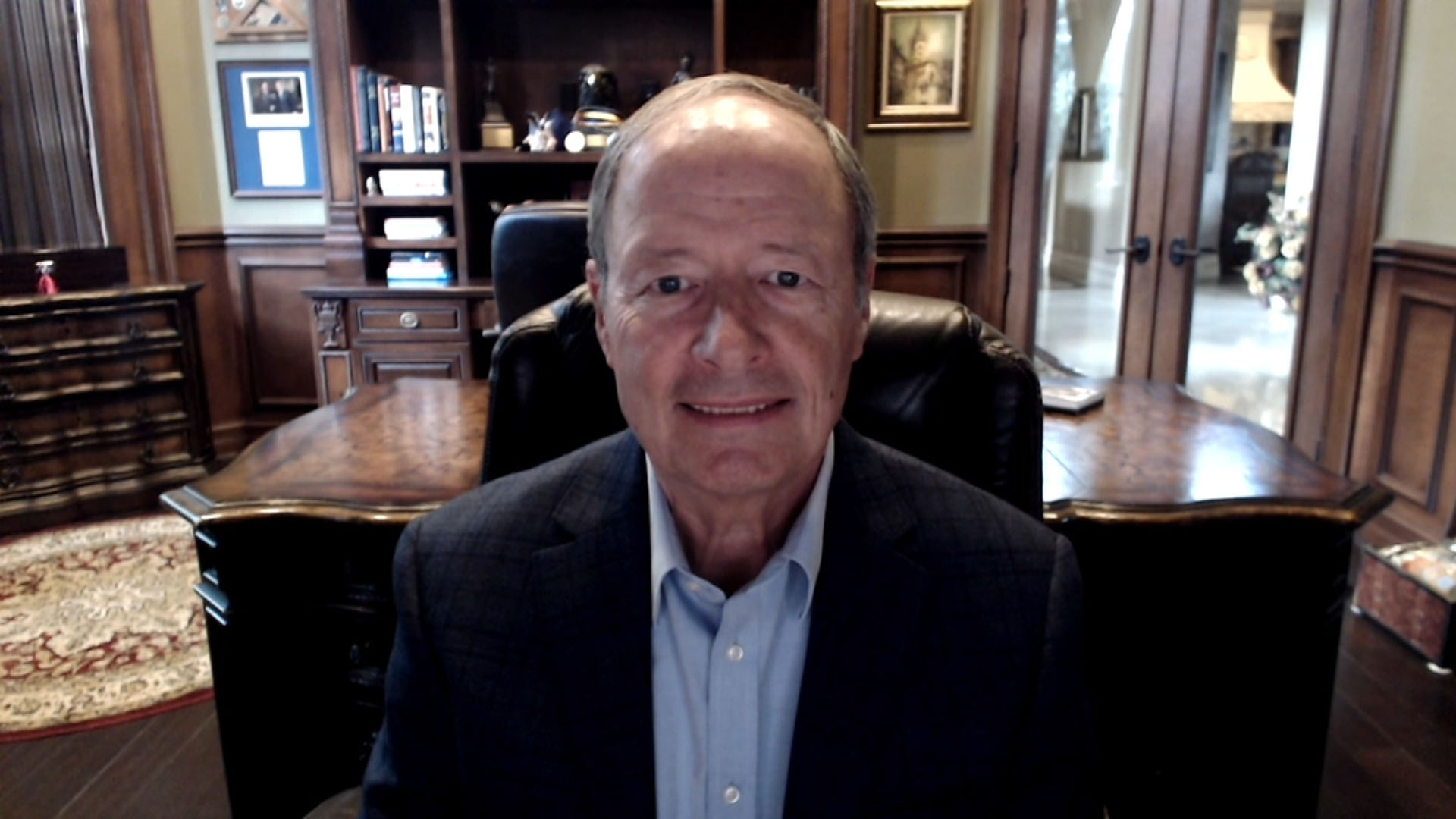 SECURITY
SECURITY
 SECURITY
SECURITY
 SECURITY
SECURITY
A former National Security Agency chief who led cyber during the Afghanistan and Iraq conflicts believes the U.S. continues to be vulnerable to foreign cyberattacks.
Much of America would become paralyzed if an event occurred that was significantly bigger than the Colonial Pipeline oil infrastructure ransomware attack earlier this year. In that case, a major fuel line was shut down for a time, by the operator, to minimize potential damage.
“We’re seeing criminals and nation-states engaging in ways that we’ve never seen in the past,” said retired Gen. Keith Alexander (pictured), founder and co-chief executive officer of IronNet Cybersecurity Inc.
Alexander spoke with David Nicholson, host of theCUBE, SiliconANGLE Media’s livestreaming studio, during AWS re:Invent. They discussed the threat of an escalating national cyberattack — and what Alexander thinks should be done about it. (* Disclosure below.)
Alexander believes we’re seeing cyber being adopted as part of national power plays and that states are preceding physical attacks with cyber, citing examples of Russia’s 2008 and 2014 activities in Georgia and Crimea, respectively.
“In both those cases, they preceded those physical attacks with cyberattacks,” he said.
The West should be cognizant of that as it looks at current escalating tension in the Donbas region of Eastern Ukraine. A big problem, he said, is that there’s been no universal cyber “radar picture” between the public and private sectors. In other words, today, as when he ran cyber command for Department of Defense, there’s no overview into the cyberattack battle.
Alexander’s firm, in association with AWS cloud, is building infrastructure to solve this issue.
“You’ve got to be able to detect the SolarWinds-type attacks,” he said. “You’ve got to have a hunt platform that can see what [the attack] is; use machine learning and AI to cut down the number of events.”
Share to the cloud, too, Alexander advised. “You need to be able to see where those attacks are going to create that radar picture,” he said.
Here’s the complete video interview, part of SiliconANGLE’s and theCUBE’s coverage of AWS re:Invent. (*Disclosure: AWS Public Sector sponsored this segment of theCUBE. Neither AWS nor other sponsors have editorial control over content on theCUBE or SiliconANGLE.)
THANK YOU